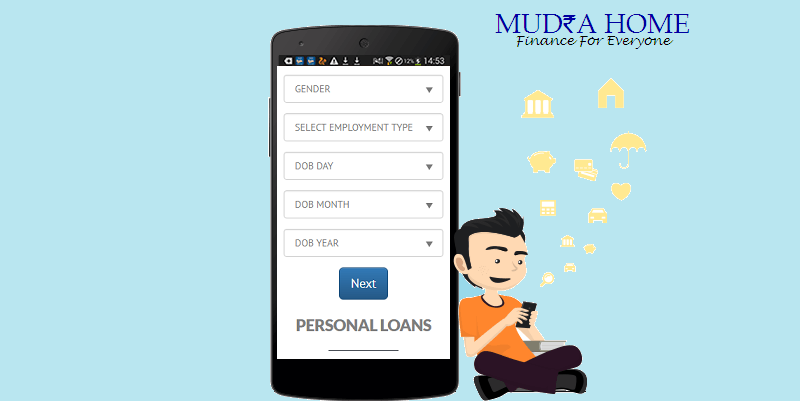
The blockchain is an incorruptible digital ledger of economic transactions that can be programmed to record not just financial transactions but virtually everything of value.
In simple words (A blockchain is a historical record of transactions, much like a database.
In a blockchain, each block has: A header which contains the data about the block: e.g. technical information, a reference to the previous block, and a digital fingerprint (aka “hash”) of the data contained in this block, among other things. This hash is important for ordering and block validation.
Money Transfer A People consider blockchain to be a more intriguing phenomenon, capable of reshaping banking and finance. From 2007 to 2016 global remittances to developing countries increased by 51 percent, as per a recently released UN report. “By reducing average costs to below 3 percent globally, remittance families would save an additional USD 20 billion annually,” the report says. The average cost of sending remittances now stands at 7.45 percent, a decrease from 9.8 percent since 2008. However, transaction costs have remained essentially flat over the past few years and are unacceptably high in many low-volume corridors, according to the report. India was the top remittance receiver in 2016, where Indians working abroad sent home USD 62.7 billion. Conducting international money transfers through distributed ledger technology could provide real time settlement at negligible costs. By removing intermediaries, lengthy documentation, and the need for verifications at various steps, the average time to complete a cross-border transaction can come down to a few seconds from current three to five business days. Indian private banks like Yes Bank, Axis Bank and ICICI Bank have already implemented blockchain technology into their processes to test overseas transaction settlements. Earlier this year the Reserve Bank of India’s research arm, IDRBT released a report which said that the time is ripe for blockchain technology adoption in India and it has tested the technology for core banking processes in the country.
Storing Online Identitiesà Store people’s online identities on the blockchain. That identity is then linked to reviews and scores on the sharing economy and other marketplace sites — a little like with Facebook. People can easily check to see if you’re a trusted host by checking your ID number. P2P lodging sites like Airbnb have already begun to transform the lodging industry by making a public market in private housing. However, adoption may be limited by concerns about safety and security (guests) and property damage (hosts). By enabling a secure, tamper-proof system for managing digital credentials and reputation, we believe blockchain could help accelerate the adoption of P2P lodging.
Unavoidable security flaw – There is one notable security flaw in bitcoin and other blockchains: if more than half of the computers working as nodes to service the network tell a lie, the lie will become the truth. This is called a ‘51% attack’ and was highlighted by Satoshi Nakamoto when he launched bitcoin. For this reason, bitcoin mining pools are monitored closely by the community, ensuring no one unknowingly gains such network influence.